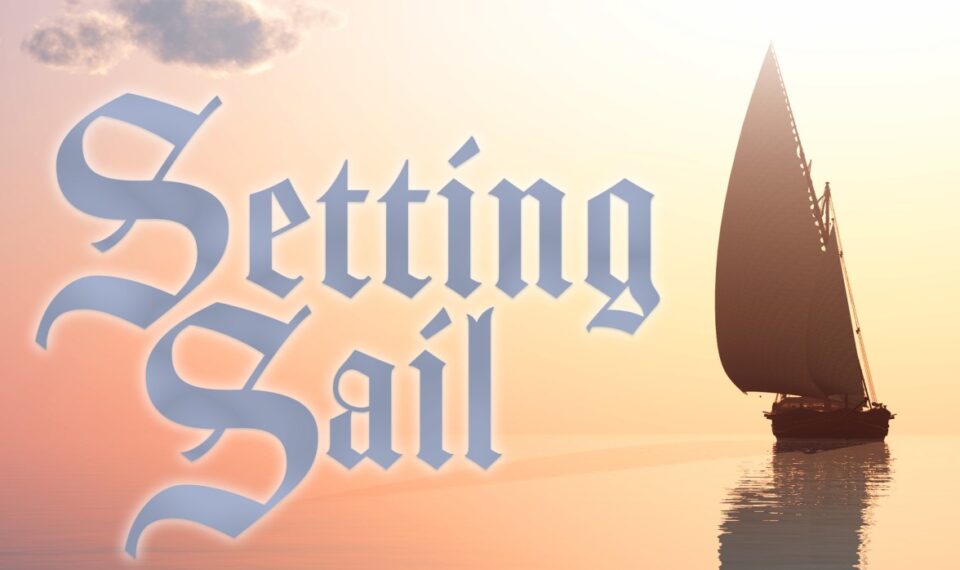Boating is a captivating world of adventure, relaxation, and exploration. Whether you’re drawn to the serenity of cruising along calm waters or the thrill of navigating challenging currents, there’s a boating experience for everyone. If you’re eager to embark on a journey to learn more about boating, this comprehensive guide will set you on the right course.
Boating Courses
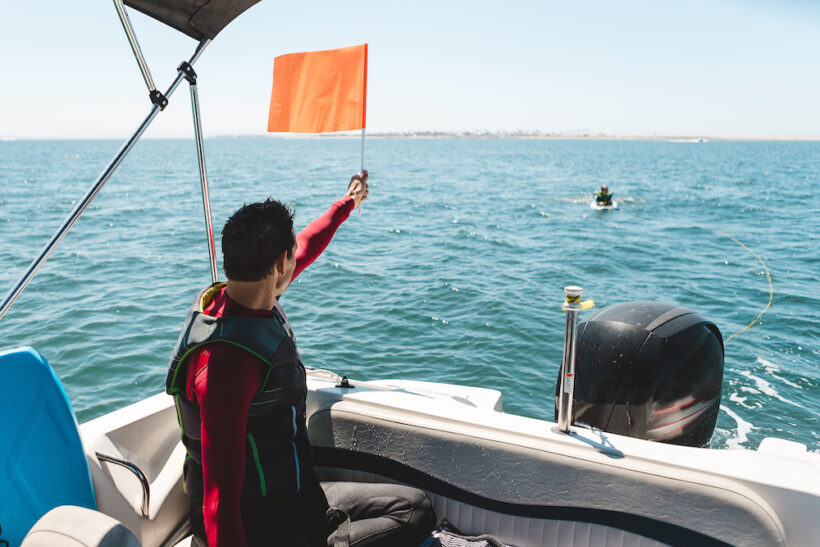
Before you can confidently take the helm, it’s essential to acquire the fundamental knowledge and skills required for safe boating. Consider enrolling in boating courses offered by reputable organizations like the U.S. Coast Guard Auxiliary, the U.S. Power Squadrons, or your local boating education center.
These courses cover essential topics, including navigation, safety procedures, and the rules of the water. They often culminate in a boating safety certification, a valuable document for any aspiring boater. Whether you’re new to boating or seeking a refresher, these courses provide a solid foundation.
Practical Experience
While classroom education is invaluable, there’s no substitute for hands-on experience. Here’s how to gain practical boating knowledge:
Rent a Boat: Many marinas and boat rental facilities offer boats for rent. Start with a small, easy-to-handle vessel, and gradually work your way up to larger boats as your confidence grows.
Join a Sailing Club: Sailing clubs and organizations are excellent places to meet fellow boating enthusiasts and access training programs. They often provide opportunities for crewing on sailboats or assisting with boat maintenance.
Boating Schools: Some institutions specialize in teaching boating skills, from basic seamanship to advanced navigation techniques. Investigate if there are any boating schools in your area.
Charter a Captain: Consider chartering a boat with a certified captain. Many captains are willing to share their knowledge and experience during your trip, providing valuable insights.
Learn from Experienced Boaters
Mentorship can accelerate your learning curve significantly. Seek out experienced boaters willing to share their wisdom. Here’s how:
Boating Clubs: Join a local boating club or association. These clubs often host events, workshops, and social gatherings where you can connect with seasoned boaters.
Online Communities: Engage in online boating forums, social media groups, and communities dedicated to boating enthusiasts. These platforms are excellent for asking questions and learning from experienced boaters.
Networking: Attend boat shows, marina events, and local boating gatherings. Strike up conversations with fellow boaters and ask about their experiences and tips.
Dive into Boating Literature
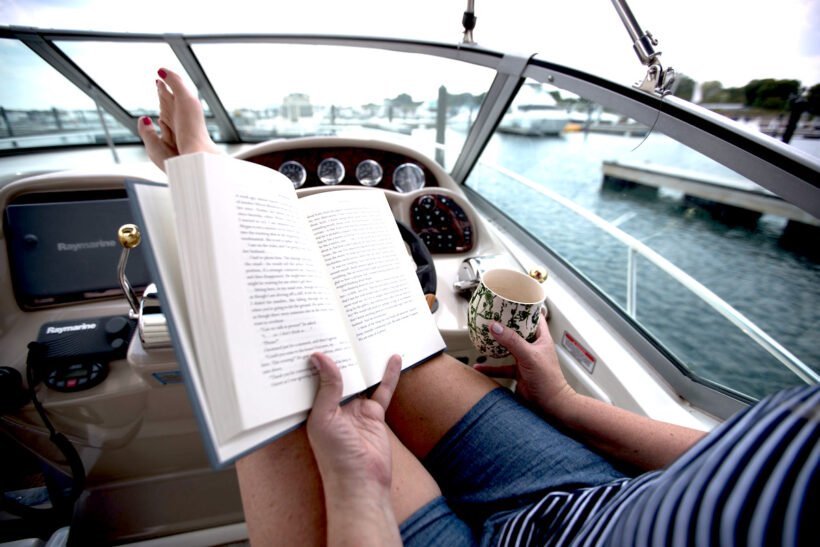
Books, magazines, and online resources offer a wealth of boating knowledge. Consider these options:
Boating Books: Explore books on boating, seamanship, navigation, and boat maintenance. Look for titles authored by experts in the field.
Marine Magazines: Subscribe to marine magazines that feature articles on boating destinations, boat reviews, and practical boating tips.
Online Blogs and Videos: Many boating enthusiasts share their experiences and expertise through blogs and YouTube channels. These can be valuable sources of practical advice and inspiration.
Official Guides: Government agencies responsible for maritime safety often publish boating guides and regulations. These resources are essential for understanding the rules of the water.
Navigation Skills: Charts and GPS
Understanding how to navigate on the water is a fundamental skill for boaters. Learn how to read nautical charts, which provide vital information about water depths, hazards, and navigation aids. Additionally, familiarize yourself with GPS navigation systems commonly used on boats. These tools are essential for safe and efficient cruising.
Boating Safety Courses
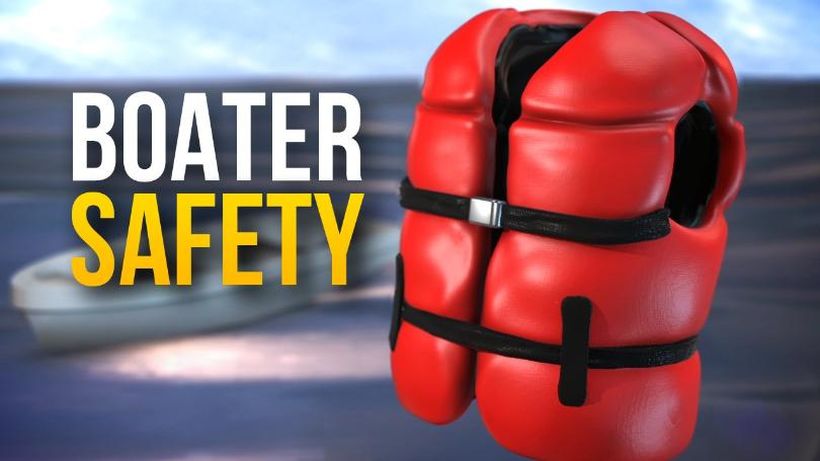
Safety is paramount on the water. Consider taking specialized boating safety courses that focus on topics such as handling emergencies, using safety equipment, and understanding weather conditions. These courses can provide you with the confidence to handle challenging situations and ensure the well-being of your crew.
Boat Maintenance and Repairs
Understanding how to maintain and repair your boat is a valuable skill. It ensures that your vessel remains in top condition, reducing the risk of breakdowns while you’re out on the water. Learn about engine maintenance, electrical systems, hull care, and basic repairs. Many boating schools offer courses in boat maintenance.
Waterways and Regulations
Familiarize yourself with the waterways in your area. Study local charts, tide tables, and current information. Additionally, research the specific boating regulations and requirements for your region. These regulations can vary, so knowing the rules of the water is essential for safe and legal boating.
Boating Events and Shows
Boating events and shows are fantastic opportunities to immerse yourself in the boating community, learn about the latest trends and technologies, and gain insights from industry experts. Attend boat shows, regattas, and maritime festivals in your region to expand your boating knowledge.
Stay Curious and Ask Questions
Finally, never stop being curious. Boating is a journey of continuous learning. Ask questions, seek advice, and stay open to new experiences. The more you explore and absorb, the more confident and skilled you’ll become as a boater.
Boating Apps and Technology
The world of boating benefits from modern technology. Explore boating apps and software that can enhance your navigation, weather tracking, and safety. Apps like Navionics offer detailed nautical charts and GPS navigation, while weather apps like Windy provide real-time weather forecasts tailored for boaters. Additionally, consider investing in marine electronics such as chart plotters, depth sounders, and radar systems to bolster your navigation skills.
Boating Certifications and Licenses
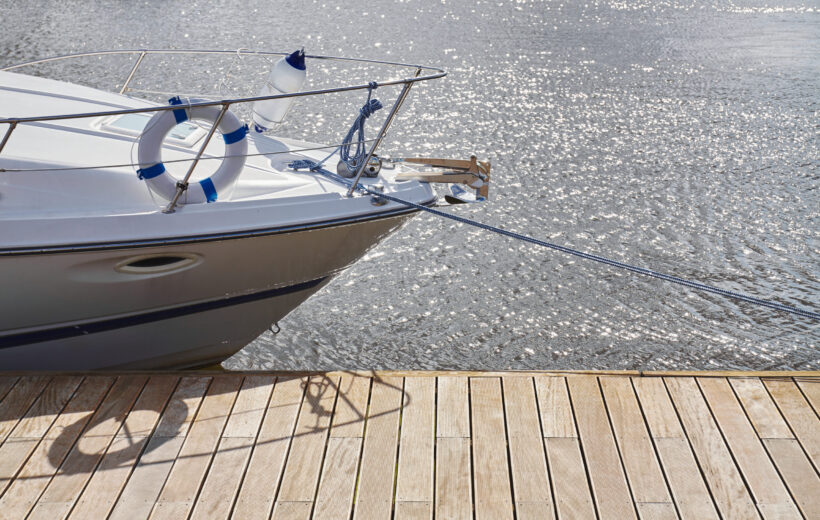
Depending on your location and the type of boat you operate, you may require specific certifications or licenses. Research the requirements in your area and pursue the necessary credentials. These certifications often involve practical training and examinations to ensure you have the knowledge and skills to operate a boat safely.
Boating Communities and Social Groups
Joining boating communities and social groups can be both informative and enjoyable. These communities often organize group outings, regattas, and events that allow you to connect with fellow boaters. Sharing experiences and learning from others is a fantastic way to expand your boating knowledge while making new friends who share your passion.
Vessel-Specific Training
If you own or plan to operate a specific type of boat, such as a sailboat, yacht, or personal watercraft (PWC), consider seeking vessel-specific training. These courses provide in-depth knowledge and skills tailored to the unique characteristics and handling requirements of your chosen vessel.
Environmental Stewardship
As a responsible boater, it’s crucial to learn about and practice environmental stewardship on the water. Educate yourself on eco-friendly boating practices, such as proper waste disposal, protecting marine life, and minimizing your carbon footprint. Being a responsible boater not only benefits the environment but also preserves the beauty of the waters for future generations to enjoy.
Conclusion
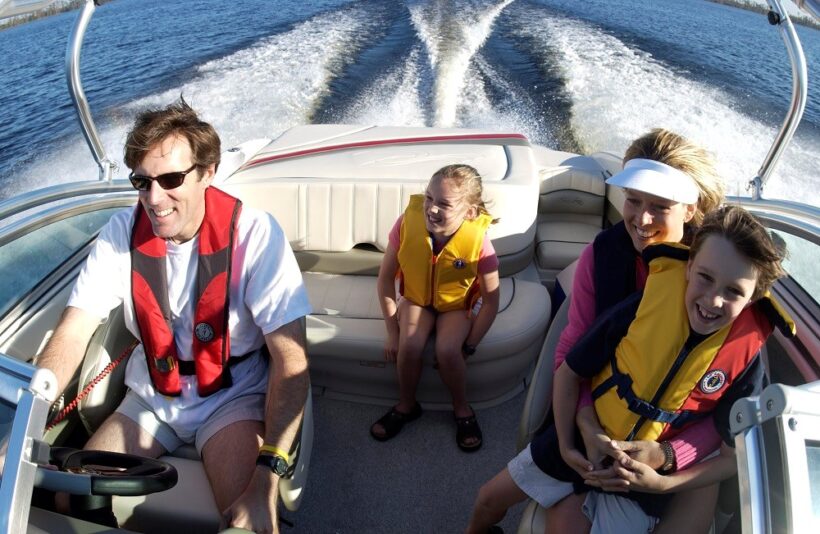
In your journey to learn more about boating, remember that safety, respect for the environment, and consideration for others are as important as acquiring technical skills. Boating is not just a hobby; it’s a lifestyle that fosters a deep connection with the water and a sense of responsibility toward its preservation. Embrace the learning process, seek out experiences, and continue to grow as a knowledgeable and conscientious boater. Safe and enjoyable adventures on the water await as you expand your horizons in the world of boating.

